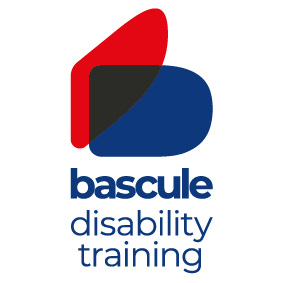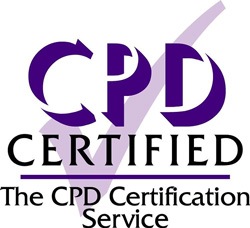Inclusivity during times of change

Most of us will be hard pushed to remember a more unpredictable time than now. Almost overnight, the way we work, live, travel, socialise and communicate has been transformed, with the Coronavirus pandemic forcing us to rethink how we do almost everything.
The challenges of regaining some level of normality in society, whilst attempting to resuscitate our slumping economy, means we live with constant change and adaptation.
Unfortunately, the events of today are unprecedented and so many of the alterations we make are rushed and untested. Whilst we do our best to rethink the workplace, our modes of transport and our use of public places, we must also ensure that changes do not result in a decline in inclusivity, and we still adhere to the equality act whilst protecting the more vulnerable people in society.
Change for employers
In July the Prime Minister announced that ‘Instead of government telling people to work from home, we are going to give employers more discretion, and ask them to make decisions about how their staff can work safely.’ Also, on the 1st August, 2.2 million people in England who had been placed in the “clinically extremely vulnerable” category, were no longer required to shield.
Many people with disabilities were, and still are, understandably anxious about this, especially given that figures from the Office for National Statistics (ONS) recently revealed that people with disabilities make up two-thirds of coronavirus deaths in the UK, whilst also estimating that people with disabilities are up to 11 times more likely to die of the virus.
So, with workplaces reopening and shielding paused, how should employers make changes, whilst remaining inclusive and keeping vulnerable people safe? Well, there are a few things we should be immediately aware of. Firstly, communicating with staff, understanding their needs and concerns, and developing plans around these is the best place to start.
Many formerly shielding employees will meet the definition of disability under the Equality Act 2010, which will mean that employers are unable to treat these employees less favourably. It may also be that some employees now choose to officially classify themselves as disabled. Employers should discuss all potential changes with these staff members, to determine how they may impact them, how they can help, and how best to execute any reasonable adjustments that are required.
These adjustments should consider specific requirements and may include offering staff an extension of remote home working, (if appropriate). Employers should also ensure that staff working remotely have the technology they require to do their job- which may include assistive technology or software they can use at home, that enables them to perform tasks efficiently.
Adjustments could also include consideration of an alternative working environment, by offering separate, lower risk office or workspaces, to provide areas that mean certain staff have limited contact with others.
Maintaining Inclusivity in Customer Service
The retail sector has adapted enormously, with a reconsideration of floor space in stores, adhering to new social distancing rules, customer flow (and queues) being marked out and managed, and sanitation being regularly maintained. But whilst all of this is essential, many businesses have already neglected the needs of those with disabilities when implementing these changes.
In a recent report by the Research Institute for Disabled Consumers the organisation reported that many customers with disability have anxiety about visiting physical stores, with 45% believing that supermarkets stores were performing poorly -or very poorly. Just as employers must make reasonable adjustments, it is critical that those in retail and hospitality do the same, especially given the crisis many high street outlets currently face.
Whilst queueing and social distancing measures may mean store layouts are being adapted, the retail industry should still consider that 19% of working age adults are people with disabilities. Taking this into consideration will mean keeping wheelchair users in mind when developing flow patterns and stock locations and considering partially sighted or blind people when providing any kind of visual instructions, when making sure seating for those that are unable to stand for long periods is available, and when allowing more than one person enter if they require assistance. Things like information points and hand sanitiser stations should also be considered and be easily accessed and at heights available to all.
Above all customer facing staff should be disability aware, which may mean having training that enables staff to consider hidden disabilities and the implications these may bring.
For example, if a store or outlet requires facemasks to be worn, staff should be aware that people with hidden disabilities may be exempt from wearing a mask. Exemption can include someone travelling with someone who requires lip-reading, someone who experiences severe distress when it is put on, someone with breathing impairments or someone who has a disability that means they are physically unable to put a mask on.
A recent incident on a train demonstrated a lack of understanding of hidden disabilities when a passenger verbally abused another passenger after she briefly lifted her face covering on a train so her sister could read her lips.
To avoid situations similar to this, there are now mask exemption badges and easily recognised sunflower patterned lanyards that allow people with non-visible disabilities to shop and travel with confidence as their exemption can be recognised.
To conclude- we live in an ever-changing world of unpredictability and uncertainty, and therefore there could be more changes on the horizon. As these changes occur, we must consider everyone when adapting to them, and not just the majority. This can only be done of course, when we develop an awareness of the needs of the people we employ or the customers we invite to our outlets.
Bascule Disability Training will launch a new online disability awareness training package for staff members in September- More details will follow shortly…
no images were found



